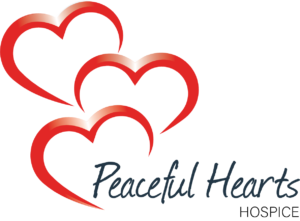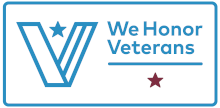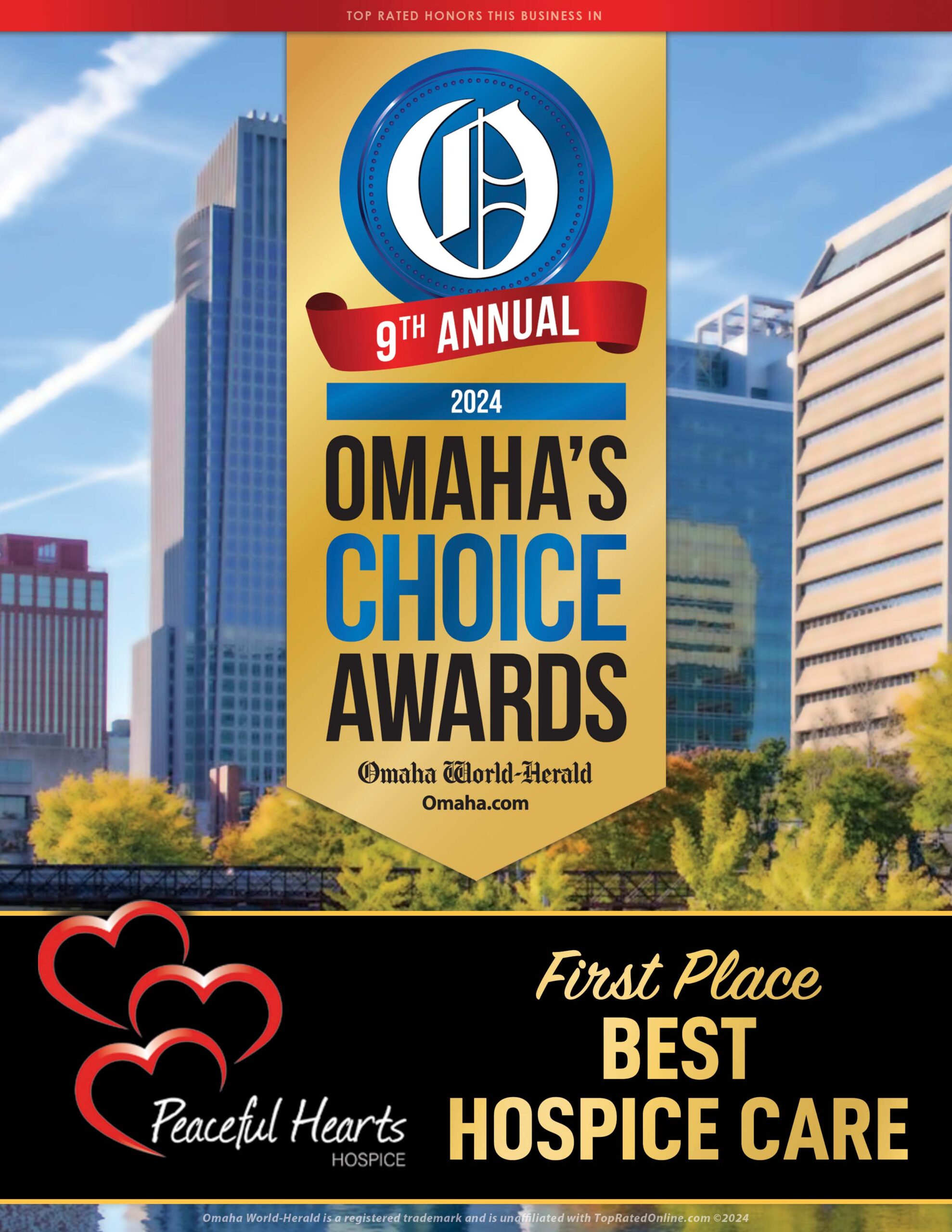Our hospice care team
YOUR CARE TEAM
Clinical Staff
Each client will be offered the following:
The Registered Nurse Case Manager (RNCM) is the primary point of contact for all clinical needs of the assigned client and family. The RNCM is responsible for managing the client’s pain and physical symptoms, while also providing support and education. The RNCM ensures quality of life is achieved in line with the client’s desired plan of care. Each client and family have a unique perspective related to end-of-life needs, and the hospice nurse is trained to make a cultural assessment and provide care specific to the individual wishes. The RNCM typically visits each client two to three times a week to ensure medications are appropriate, pain is controlled, and that all other physical symptoms are addressed. Medicare defines hospice as a “visiting service” and therefore the RNCM is NOT able to care for the client 24-hours a day. The RNCM is responsible to ensure the client and/or primary caregiver is educated on how to appropriately disperse medication and provide symptom management. However, a nurse is on-call 24-hours a day, 7 days a week, and is always available to make a visit or provide guidance if there is a change in the client’s condition, a crisis, or unforeseen situation.
The Social Worker is the primary point of contact for all non-clinical needs of the assigned client and family. The role of the Social Worker is vast and differs significantly between each client. The Social Worker is responsible for assisting the client and family in identifying the areas of need, ranging from emotional, financial, legal, logistical, caregiving, legacy projects and end-of-life planning. The Social Worker is trained to assist clients in navigating through insurance coverage/claims/questions, applications for financial assistance, completing Power of Attorney paperwork, determining appropriate caregiving needs, as well as advocating for clients and families and identifying additional local services and resources. The Social Worker is responsible for supporting the entire family system and providing education throughout the dying process. A Social Worker is on call 24-hours a day, 7 days a week.
The role of a Hospice Chaplain is crucial, as many people turn toward spirituality for comfort at the end-of-life. The role of the Hospice Chaplain is NOT to push one specific religion or belief system on the client and family, but rather to provide spiritual support by meeting the client where he/she is in faith and supporting the client and family’s belief system. The expert, and non-judgmental, spiritual care and counseling that a chaplain provides is paramount in helping clients and caregivers, family, and friends find peace. The Hospice Chaplain is also available to assist the client and family in connecting with local clergy or spiritual guides within the community, in conducting funeral services, and in providing on-going bereavement support to the family following a client’s death.
The Hospice Aides collaborate with the RNCM to ensure the personal cares of each client are met and education is provided to the family to ensure proper hygiene. The Hospice Aide is responsible to ensure each client is comfortable by assisting with activities of daily living (ADL) needs (bathing, dressing, eating, transferring, toileting, ambulation). They also provide nail and oral hygiene to the clients and change incontinent products and linens when necessary. It is important to note that the Hospice Aide is NOT available to provide personal cares daily. The Hospice Aide typically visits the client two to three days a week. When the client is no longer able to care for him/herself, it is the responsibility of the Hospice Aide to provide education and guidance to the client’s primary caregiver to ensure personal cares are met as needed.
The Dietary Consultant works collaboratively with the hospice team and client’s family to provide nutrition, hydration, and feeding recommendations on individual needs. The Dietary Consultant has an active role in determining the nutrition and hydration requirements for individuals throughout the life span. Dietary needs at end-of-life are often drastically different than what is perceived as “normal.” The Dietary Consultant is responsible for providing education regarding nutritional needs as a client physically declines.
The Physical (PT), Occupational (OT), and Speech Therapists contribute to the care of the hospice client by assisting
The Medical Director works with the assigned RNCM to review and make recommendations regarding each client. The Medical Director is responsible for developing a comprehensive medical plan of care for each client, in line with the client’s wishes, and ensuring that every member of the interdisciplinary team, caregivers, and family are knowledgeable about the plan of care. Every client has a right to determine his/her primary caregiver and the interdisciplinary team is happy to work with any doctor identified by the client; however, it is important to note that often a Primary Physician will decline to “follow” a client on hospice services and will refer to the hospice Medical Director. The Hospice Medical Director is specifically trained to care for clients nearing end-of-life and prescribing appropriate medications.
The Hospice Bereavement Program is available to all families for as long as needed, prior to and following a client’s death. The Hospice Bereavement Program is a preventative model of care. The bereavement staff facilitate healthy grieving and thereby aim to prevent the development of grief-related health and mental health problems. Most Hospice Bereavement
Hospice Volunteers are essential in providing the level of care and support clients and their loved ones expect from hospice care. The primary goal of a Hospice Volunteer is to provide empathy and companionship to both the client and his/her loved ones during difficult times. The responsibility of the Hospice Volunteer is defined based on the client’s wishes and needs. Self-care is just as important for the primary caregiver as it is for the client. Volunteers are NOT able to provide any “hands-on” care for clients but may provide an “extra set of eyes” to ensure the client’s safety, and to provide the primary caregiver with a respite from caregiving duties. The Hospice Volunteer may also assist with light-housekeeping, legacy projects, dog walking, meal preparation and other duties as appropriate. For those clients who do not have family available, the Hospice Volunteer may also provide additional companionship and social support, as well as provide No One Dies Alone (NODA) services.
Our Holistic Services
Our Holistic Services
Holistic Interventions
Individualized care is very important to us. We recognize that each client has different needs, beliefs, and interests. In order to provide the most comprehensive care as possible for our clients, we offer holistic interventions to assist with symptom management.
In our experience, holistic interventions are very effective in helping symptoms such as pain, anxiety, depression, gastrointestinal distress, and grief. Our goal is to utilize our holistic services, in conjunction with medication as needed, to improve symptom management and quality of life for our clients.
We offer a wide variety of holistic interventions, such as:
Access Bars is a gentle hands-on technique where 32 points on a person’s head are gently touched to release limiting thoughts, beliefs, and emotions, promote mental clarity, motivation, and relaxation, and improve anxiety and depression.
Acupuncture is a complementary practice where small needles are inserted into a person’s skin to help balance energy. Acupuncture restores balance to both the mind and body, decreases pain, anxiety, and fatigue, and supports physical and emotional health.
Animal Assisted Therapy is a therapeutic intervention that incorporates animals such as cats, dogs, horses, and birds into a person’s plan of care. Animal Assisted Therapy improves motor skills and joint movement, verbal communication, and self-esteem, and decreases anxiety and depression.
Aromatherapy is the practice of using natural oils, by applying onto a person’s skin or diffusing into the air, to improve a person’s physical, emotional, mental, and spiritual well-being. Aromatherapy is effective in reducing pain, anxiety, and nausea, as well as improving mood and cognitive function.
Art Exploration is a method of self-expression using art to decrease anxiety and depression, relieve stress, and improve self-esteem and self-awareness.
A hands-on technique that supports the body in facilitating the release of accumulated stress, tension, and memory from past experiences, while also treating myofascial, structural, and energetic restrictions.
Chiropractic Care is the practice of performing adjustments (manipulations) to the spine or other parts of the body. By correcting alignment issues, a person’s natural ability to heal is supported and pain is reduced.
Craniosacral Therapy is a hands-on technique that uses gentle touch to manipulate the cranium, spine, and pelvis to relieve restrictions in the craniosacral system. This process decreases pain, and anxiety, and improves the functioning of the central nervous system.
Emotion Code/Body Code is an energy balancing system that is utilized to connect with a person’s subconscious mind to discover the root cause of numerous symptoms such as pain, anxiety, and distress. Imbalances can be corrected to relieve a person’s symptoms and to improve physical, emotional, mental, and spiritual well-being
Emotional Freedom Technique is a gentle method developed to assist people in letting go of negative thoughts, memories, and emotions. This technique releases unwanted feelings and limiting beliefs by tapping on acupressure meridians and repeating statements, allowing new, positive beliefs to emerge.
Healing Touch is a gentle and non-invasive form of energy therapy that utilizes soft, intentional touch to promote wellness by balancing the physical, emotional, mental, and spiritual layers in a person’s biofield. Healing Touch has been shown to reduce many symptoms, such as pain, anxiety, and depression. Healing touch can also strengthen the immune system, improve acute and chronic conditions, and enhance a person’s overall sense of well-being.
Herbalism is the practice of using herbs to treat symptoms and prevent illness, based on clinical experience and traditional knowledge of medicinal plant remedies collected over thousands of years. Herbs can decrease anxiety, gastrointestinal issues, depression, and insomnia, and promote health.
A practice of medicine that embraces a holistic approach, where minute doses of natural substances are used to treat the whole person and stimulate the person’s own healing power.
Massage Therapy is a hands-on technique where soft tissues of a person’s body are manipulated by using different movements and pressure. Massage can reduce stress, pain, muscle tension, and edema, and improve relaxation, immune function, and circulation.
Meditation is a mind and body practice that promotes relaxation and calmness, reduces anxiety, depression, and physical discomfort, and increases awareness of the present moment.
Music Therapy is an evidence-based, clinical use of music that assists in supporting a person physically, emotionally, mentally, spiritually, and socially. Music therapy can reduce pain and stress and improve mood, memory, and communication.
Myofascial Release is a hands-on technique that focuses on reducing pain by releasing tightness in a person’s myofascial tissue. Myofascial Release focuses on reducing pain by easing the tension in “trigger points”, which are responsible for a person’s pain.
Pendulum Energy Healing is a method to help loved ones transition with grace by using energy commands focusing on releasing emotional traumas, harmonizing relationships, increasing love, and helping consciousness to exit the body peacefully while bringing peace to the soul.
Polarity is an energy therapy that can decrease stress, pain, and some disease symptoms by influencing a person’s positive and negative energy flow. Polarity improves fatigue and decreases anxiety, depression, and pain.
Psych-K is a non-invasive process developed from neuroscience research that facilitates a change at a person’s subconscious level, changing beliefs that are self-limiting and self-sabotaging.
Reiki is an energy therapy technique that utilizes soft, gentle touch to strengthen a person’s life force energy to improve symptoms such as pain, anxiety, and depression, and to balance the physical, emotional, mental, and spiritual layers of a person to promote wellness.
Reflexology is a type of bodywork where pressure is applied to areas on a person’s feet or hands that correspond to organs in a person’s body. Reflexology reduces stress and pain and promotes relaxation, sleep, and healing in the corresponding areas of the body.
ReTensioning is a form of bodywork that improves movement and function. Gentle anatomic, neurologic, and physiologic techniques are applied to each joint in a person’s body, restoring the balance between rest and activity at a cellular level.
Sound Healing is a practice that uses vibrations (crystal bowls, tuning forks, gongs, binaural beats) to promote deep relaxation and to improve a person’s physical, emotional, and mental well-being.
Yoga is an ancient practice that brings together mind and body, utilizing breathing exercises, poses, and meditation to reduce stress and inflammation, and improve strength, flexibility, balance, joint health, self-confidence, and calmness.



